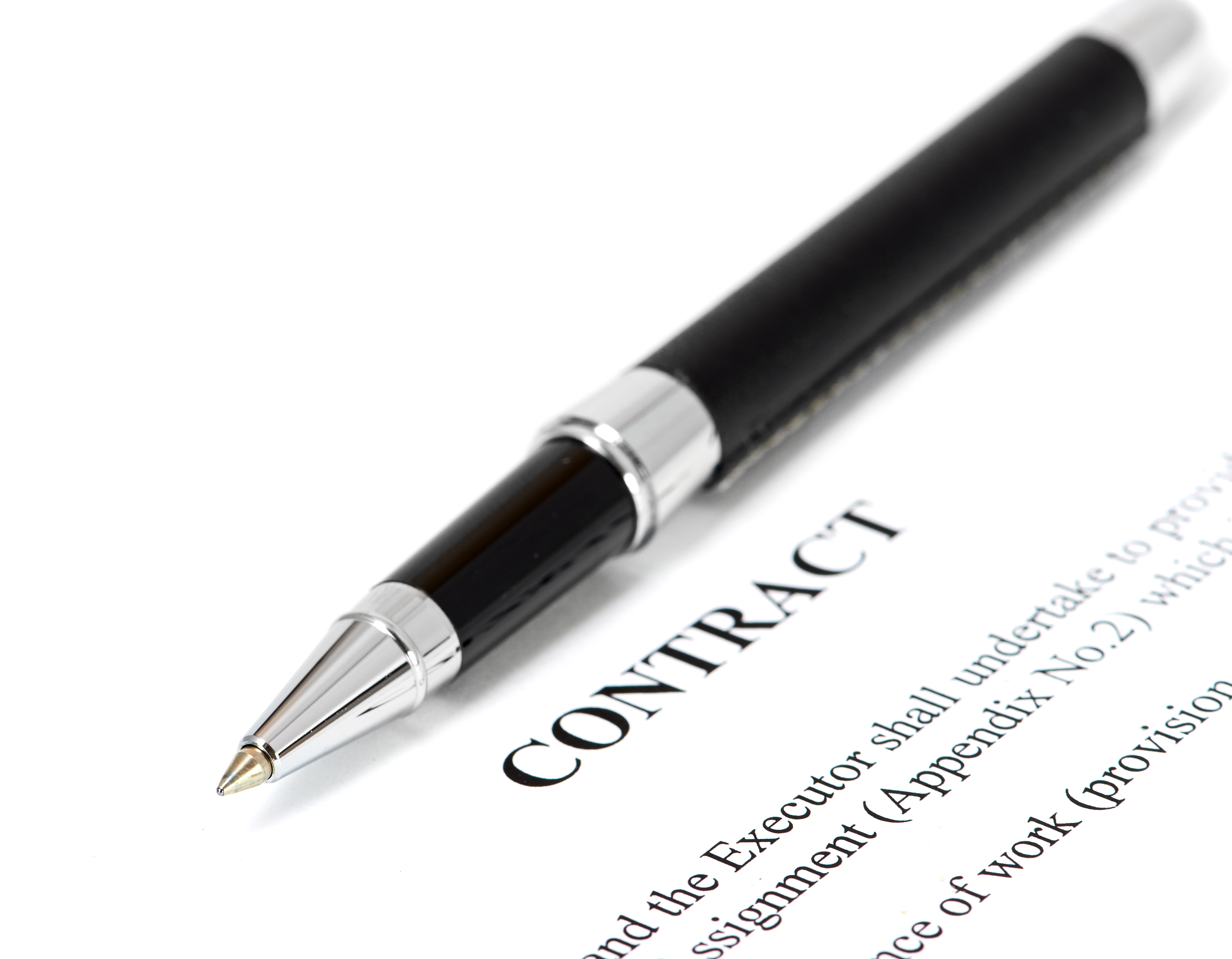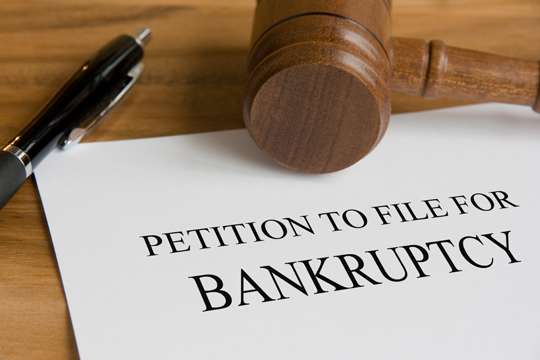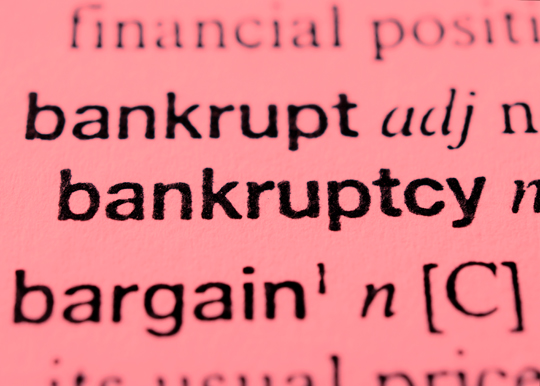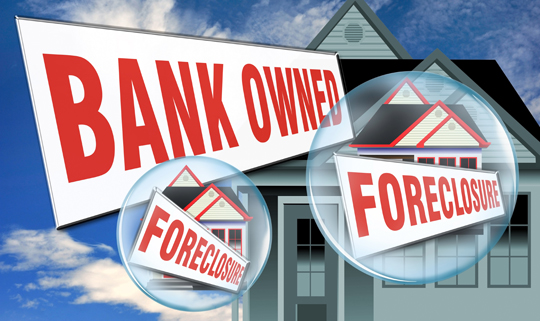
More and more Americans are choosing to rent instead of own, making for a competitive renter’s market that leaves landlords with the pick of the litter when it comes time to place a tenant. As you have more leeway in the selection process, make sure your lease is up to par with all the provisions you need to keep yourself and your personal assets safe. If you are drafting your first lease agreement, or just looking to make some smart additions, consider the following lease provisions that are often overlooked.
Renter’s Insurance
It’s becoming more and more commonplace to require renters to purchase their own individual insurance. Should any natural disasters or accidents happen, you may find yourself paying extensive deductible fees to cover repairs on damages. If your tenant were to have something like Allstate renter’s insurance, their coverage would likely cover the cost of your deductible. This provision is ideal for both renter and landlord, as both their personal possessions and your personal assets are covered in case the worst happens. Make sure you have a clear understanding of just what is covered under your tenant’s plan before signing off on the lease.
A Set Number of Tenants
This may seem obvious, but make sure you put a provision stipulating the exact number of people that can live in your home. You may find the perfect tenant, and realize months down the line their boyfriend or girlfriend and four kids have moved in. It’s a common occurrence, so make sure you stipulate verbally and in writing that only the signed tenants can reside in the home. Forgoing this important step means potentially allowing un-vetted individuals to live in your home.
Decide on Subleasing
If you don’t include a clause on subleasing, be fully prepared for your tenants to take advantage of the situation and look to make a little money off of your property. Most common in communities with college students who will leave for the summer months, subleasing can be an essential part of your rental agreement, but it comes with its fair share of challenges and potential consequences. The problem with unregulated subleasing is that it allows new tenants to reside in your home that haven’t been checked for criminal pasts or eviction histories. If you do decide to allow for subleasing, make sure you require your tenants to submit applications for the subleasees to be vetted through a service like MySmartMove. It will give your long-term tenants the flexibility they need, and ensure your home isn’t vulnerable to the damage of strangers you haven’t approved.
A Pest Provision
You might not have thought to put pest control on your lease, but it can be an important part of the rental process. If you have a pre-existing problem, laws require you to take care of it for the tenants. However, if poor hygiene or living habits on the part of your tenant is the main cause of pests, you don’t want to be responsible for paying for pest control and cleanup.
Charging a Late Fee
If you’re using a general template for your lease, you might not already have a clause including late fees based on rent checks that arrive late. Varying states and localities have different regulations in place about how much of a late fee you can charge, so be sure to check with legal counsel before you try to enforce this rule. Not only do you need to get your late fee charges in writing, but you also need to remain firm in your practice. Letting it slide once means letting it slide every time, and you need to remember that your rental property is a business, and your tenant is not your friend.
Whether you’re renting out your home for the first time or you’ve been a landlord for years, it’s always a good idea to review your lease provisions before allowing a tenant to reside within your personal property. Run through this checklist of clauses and ensure you lease protects you and your personal assets from the vulnerabilities that come along with being a landlord. If you find your current lease agreement less than sufficient, call TalkLocal and we’ll connect you with a lawyer that can help.













